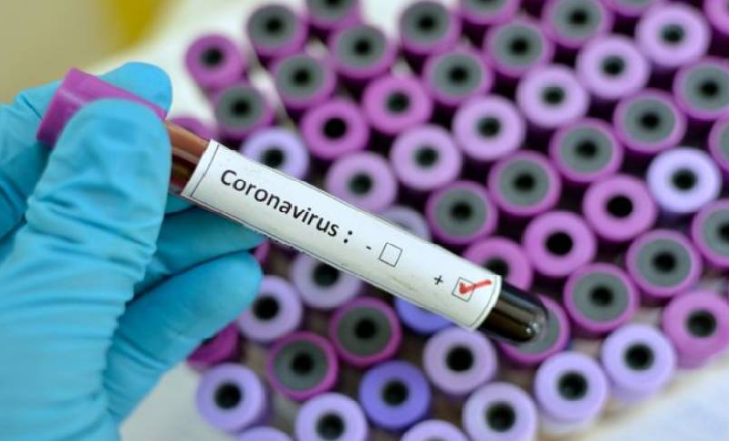This week, coronavirus cases in the UK surpassed 430, leading to widespread panic about the spread of the disease.
The disease is known to cause a range of unpleasant symptoms, including shortness of breath, fever and cough. However, a new study has warned that the disease could also cause damage to men’s testicles. While this link is yet to be proven, researchers from Wuhan’s Tongji Hospital are urging male coronavirus patients to have their fertility tested once they’ve recovered.
In their study, which has been widely shared on Chinese social media, the researchers, led by Professor Li Yufeng, explained: “New coronavirus infections are mainly caused by damage to the lungs and immune system, but in theory new coronavirus infections can also cause testicular damage.
“Therefore, the team of Professor Li Yufeng from the Reproductive Medicine Center of Tongji Hospital reminded that: males infected with new coronary pneumonia should undergo fertility examination after rehabilitation.”
The coronavirus invades cells through the combination of a protein (S protein) and an enzyme, dubbed ACE2. As well as the lungs, this enzyme is also expressed is several other organs, including the small intestine, kidney, heart, and thyroid, according to the researchers.In particular, large amounts of ACE2 are expressed in the testis, indicating that coronavirus has the potential to cause damage in this area.
The researchers added: “It is theoretically speculated that new crown infection may cause testicular damage, affecting sperm production and androgen synthesis.
“Obstructed sperm production will affect male fertility, and severe cases may cause male infertility; androgen deficiency may affect male secondary sexual characteristics and sexual function, and reduce quality of life.”Last month, researchers from The Affiliated Suzhou Hospital of Nanjing Medical University, published a study suggesting that coronavirus could cause damage to both the kidneys and testis.
However, it’s important to note that neither of these studies has been peer reviewed, and they are merely speculation.Further research is needed to prove any such link.
Source:TheStandard




